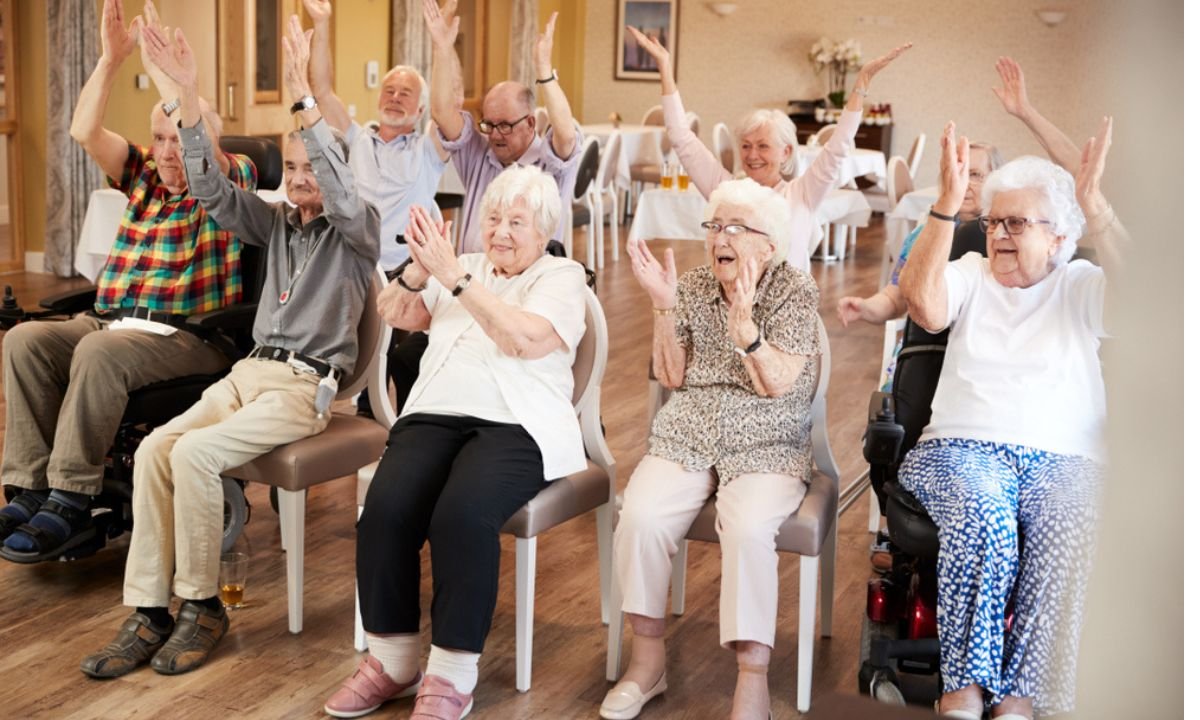Providing the best possible care for our elderly loved ones is one of the most compassionate things we can do. Elderly care is more than just assisting with daily activities—it’s about ensuring dignity, comfort, and quality of life. Whether through in-home care, nursing homes, or a combination of both, this guide will help caregivers understand the needs of seniors, explore care options, and plan effectively to create an enriching environment.
Understanding Elderly Care Needs
Caring for the elderly begins with a deep understanding of their physical, mental, and emotional needs. Seniors often face unique challenges that require empathy and comprehensive care.
Physical Needs
- Mobility support is critical as many elders experience reduced muscle strength or problems with joint health.
- Chronic conditions like diabetes or arthritis often require consistent medical attention and medication management.
- Proper nutrition and regular exercise tailored to their abilities are essential for maintaining overall health.
Mental and Emotional Needs
- Cognitive decline, including dementia or Alzheimer’s, affects memory and decision-making, requiring specialized care strategies.
- Emotional well-being can be influenced by feelings of isolation or depression. Social interaction and companionship play a significant role in addressing these issues.
- Encourage hobbies or light activities to keep their minds active and engaged.
Challenges for Caregivers
- Caregivers often experience burnout due to the physical and emotional demands of their roles.
- Balancing caregiving responsibilities with other aspects of life, like work and family, can be particularly stressful.
- Many family members may struggle with feelings of inadequacy or worry about making the right care decisions.
In-Home Elderly Care
Many families choose in-home care as it allows seniors to stay in a familiar environment while receiving the support they need. This approach has its unique benefits and challenges.
Benefits of In-Home Assistance
- Seniors remain in their own homes, promoting comfort and familiarity.
- Care plans can be personalized to suit individual needs.
- Family members can easily stay engaged in the caregiving process.
Challenges of In-Home Elderly Care
- Adapting the home environment for safety can be costly and time-consuming.
- Ensuring 24/7 care may require hiring professional caregivers, which can be an added expense.
Tips for Creating a Safe and Comfortable Home Environment
- Install grab bars in bathrooms and reduce clutter to minimize fall risks.
- Ensure proper lighting in hallways and living areas.
- Use assistive devices like walkers, non-slip rugs, and ergonomic furniture to enhance mobility and comfort.
Nursing Home Care
For some families, nursing homes offer the best solution when 24/7 medical care and comprehensive support are needed.
When Is It the Right Option?
- If the senior has health conditions that require constant monitoring or specialized medical services.
- When caregiving becomes overwhelming for family members or impractical due to work or other obligations.
Choosing the Best Nursing Home
- Visit facilities and observe the staff’s interaction with residents.
- Research certifications, inspection records, and reviews of the nursing home.
- Evaluate costs and inquire about services included, such as meals, laundry, and activities.
Combining In-Home and Nursing Home Care
Sometimes, a mix of both arrangements is ideal for meeting a senior’s evolving needs.
Pros and Cons of a Mixed Care Approach
- Pros: Allows flexibility—seniors can spend part of their time at home and part within a nursing facility.
- Cons: Coordination between caregivers at home and the nursing home requires effort and clear communication.
Strategies for Coordination and Communication
- Ensure that all caregivers have access to the same medical records and care plans.
- Host regular meetings or calls with the care team to ensure everyone is informed and aligned.
Legal and Financial Considerations in Elderly Care
Planning ahead minimizes stress and ensures your loved ones receive proper care without financial strain.
Legal Considerations
- Set up power of attorney documents to grant decision-making authority to a trusted family member.
- Create an advance healthcare directive to outline medical wishes.
Financial Planning and Assistance
- Understand programs like Medicare for health insurance and Medicaid for long-term care.
- Research local and state-funded programs that offer support to elderly residents.
- Consider long-term care insurance to cover costs of nursing home or professional in-home care.
Supporting the Caregiver
Caregivers play an indispensable role, but their well-being must also be prioritized.
Self-Care for Caregivers
- Take breaks and ask for help when overwhelmed.
- Practice mindfulness or engage in activities that alleviate stress.
- Stay connected with support groups or therapy services.
Resources for Caregivers
Organizations like the Family Caregiver Alliance (FCA) and National Alliance for Caregiving (NAC) offer helpful resources, from educational tools to online support communities.
Enhancing Quality of Life Through Elderly Care
Caring for our seniors is a profound responsibility that requires love, patience, and planning. By understanding their needs and exploring different care options, we can create an environment where our elderly loved ones not only feel supported but also thrive.
Take the first step in your elderly care planning by seeking expert guidance and community support. Access resources, join forums, or consult professionals to ensure your loved one lives with the dignity and comfort they deserve. Remember, with the right resources and approach, elderly care can be a fulfilling and enriching experience.
YOU MAY ALSO LIKE
How Smart Square HMH Enhances Healthcare Efficiency
Conclusion
Caring for the elderly is a responsibility that comes with both challenges and rewards. By prioritizing their well-being, staying informed, and utilizing available resources, we can ensure they maintain their dignity, comfort, and happiness in their golden years. Remember, every effort made to provide support and kindness to our elderly loved ones creates a meaningful difference in their lives. Together, we can create a nurturing and uplifting environment that celebrates and values the wisdom and experiences they bring to our families and communities.
FAQS
1. What is the most common challenge in elderly care?
The most common challenge is balancing physical responsibilities and emotional care while avoiding caregiver burnout.
2. How do I know if nursing home care is right for my loved one?
If your loved one requires 24/7 medical support or specialized care that is difficult to provide at home, a nursing home may be the best option.
3. What can I do to ensure a safe environment for in-home elderly care?
You can install safety features like grab bars, improve lighting, remove tripping hazards, and use assistive devices for mobility.
4. Are there financial assistance programs available for elderly care?
Yes, government programs like Medicare, Medicaid, and state-funded services can provide significant financial support for elderly care.
5. How can caregivers avoid burnout?
Caregivers should prioritize self-care, seek support from family or community groups, and use professional respite care services when needed.











